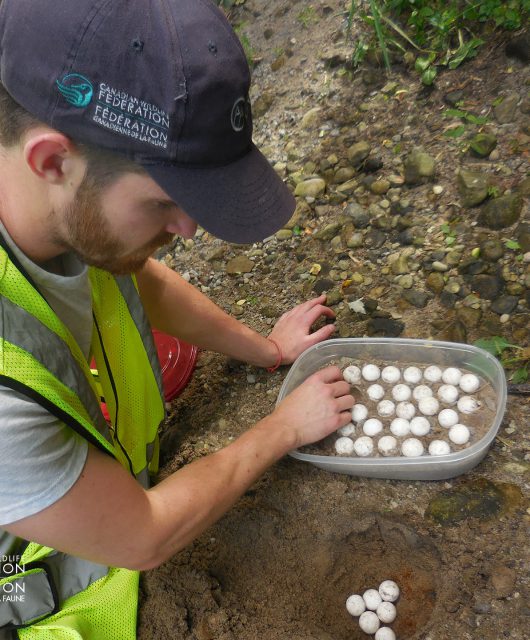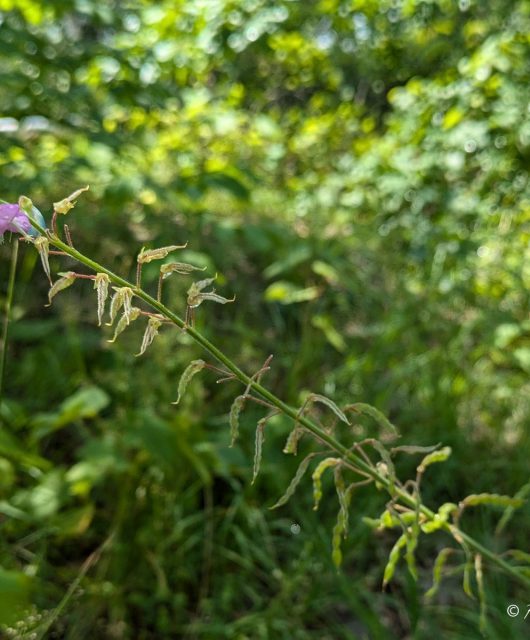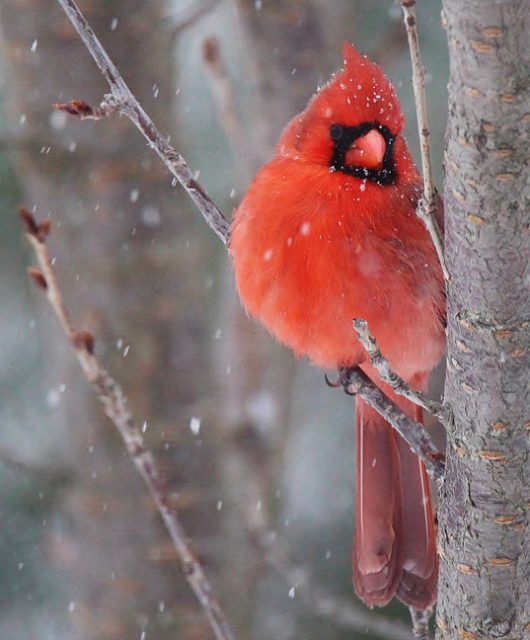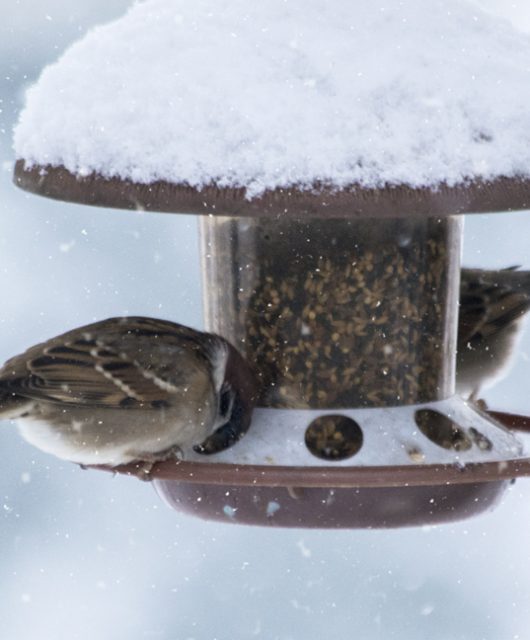As Canada works to rebuild in the face of COVID-19, nature remains one of our greatest assets for creating a more resilient and sustainable future.
This week, the Green Budget Coalition (GBC) issued recommendations on how the federal government can follow through on its commitment to a green recovery. Founded in 1999, the GBC brings together 25 of the country’s leading environmental and conservation organizations, which are together backed by decades of experience and millions of supporters. Every year, the GBC advocates for investments in environmental and wildlife conservation by providing the government with strategic, action-oriented recommendations.
Canada’s recovery in the face of COVID-19
This year’s recommendations recognize our critical point in history and the importance of a resilient recovery from the economic impacts of COVID-19. In Recommendations for Recovery and Budget Actions in 2020-2021, the GBC highlights opportunities to create jobs while furthering Canada’s climate and biodiversity objectives. The four feature recommendations propose investments in:
- Building energy efficiency retrofits – $10 billion to improve energy efficiency and reduce reliance on fossil fuels in schools, hospitals, social housing, and residential buildings.
- Clean transportation – $4.8 billion over five years, including $700 million for transitioning to zero-emission vehicles.
- Nature-based climate solutions – $2.6 billion over five years, including reducing emissions through restoration of forests, grasslands, and wetlands; improved management of forestry and agricultural lands; and supporting natural infrastructure solutions.
- Protected areas – $4.8 billion over five years, including increased support for Indigenous protected areas and Guardians programs.
The Canadian Wildlife Federation’s leadership in the GBC
CWF plays an important role in the creation and advancement of the GBC’s recommendations. David Browne, Director of Conservation at CWF, is Co-Chair of the GBC, and Carolyn Callaghan, Senior Conservation Biologist Terrestrial Ecosystems, leads or co-leads several of the recommendations. We will be meeting with MPs and senior public servants in October and November to advocate for action on these conservation issues, especially where they relate to job creation and economic recovery.
With the help of our supporters, CWF’s ongoing work is already furthering many of these objectives. Here’s a brief look at the recommendations our team leads or co-leads and how CWF, with your help, is taking action:
- Pollinator Conservation Initiative– 154,000 Canadians signed our Ban With a Plan petition asking for a national pollinator recovery action plan. Through GBC we are working to make this happen. Our work for pollinators also continues through our Grow It! Don’t Mow It!
- Environmentally Sustainable Agriculture and Ecological Goods and Services Programming for Agricultural Lands – Carolyn Callaghan, CWF Senior Conservation Biologist for Terrestrial Ecosystems, is co-leading these recommendations and working to conserve biodiversity and wildlife on farmland, including birds and species at risk.
- Investing in Communities by Protecting Canada’s Freshwater – CWF advocates for the protection and restoration of our Great Lakes, including the prevention and control of invasive species and the protection and restoration of fish habitat. CWF is also taking action for our lakes and rivers through our Love Your Lake stewardship program and our Fish Passage program.
- Reinforcing Canada’s Frontline of Defense Against Wildlife Disease – Canada is ill prepared to deal with existing and emerging diseases that threaten wildlife or impact human health. CWF is advocating for a new federal program that would support Indigenous Peoples, provincial and territorial governments, and the network of wildlife health practitioners to prevent wildlife disease.
- Increasing Canada’s Role in the International Union for Conservation of Nature (IUCN) – Rick Bates, Executive Vice-President and CEO of CWF, is leading this recommendation that would advance Canada’s leadership on global conservation and sustainable development.
This list is far from exhaustive. CWF is also a contributor and strong supporter of nature-based climate solutions, environmental sustainability within all aquaculture programs, federal habitat restoration programs, expanding fishing ghost gear cleanup in our oceans and more.
This summer, more than 150,000 Canadians wrote to their MPs to support investment in a green recovery. We know this is a priority to many of our supporters, and we sincerely thank you for helping us to continue our important conservation work. The release and advocacy of the GBC’s 2020-2021 recommendations will be essential in helping Canada to build back better and to achieve a more sustainable future for all generations.
For more information, please read the complete and detailed Recommendations for Recovery and Budget Actions in 2020-2021.





